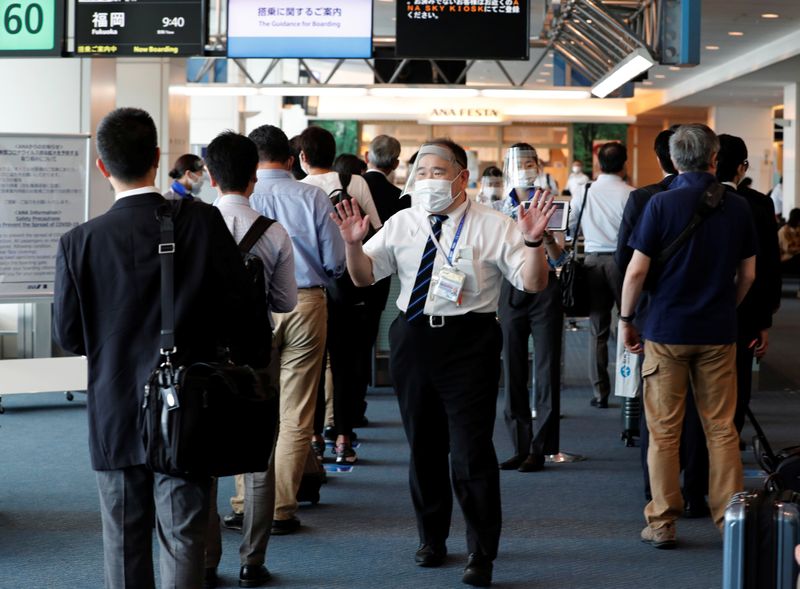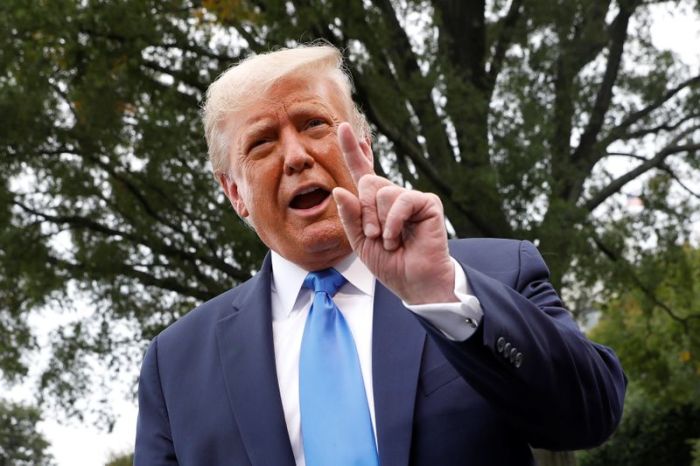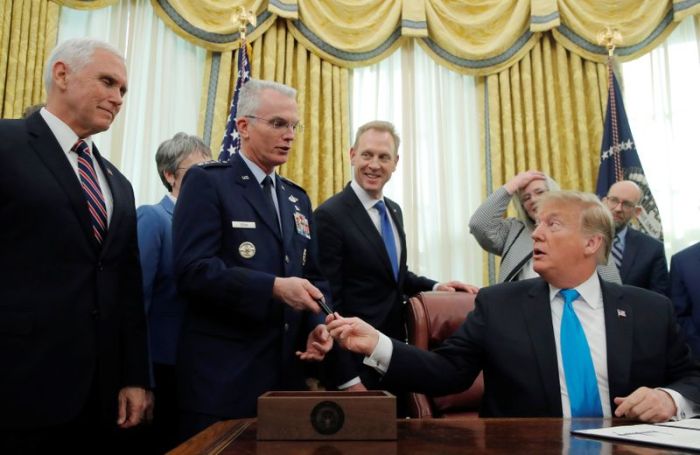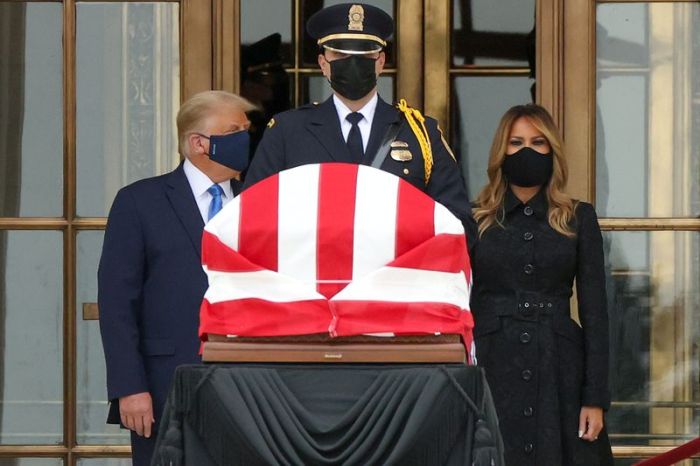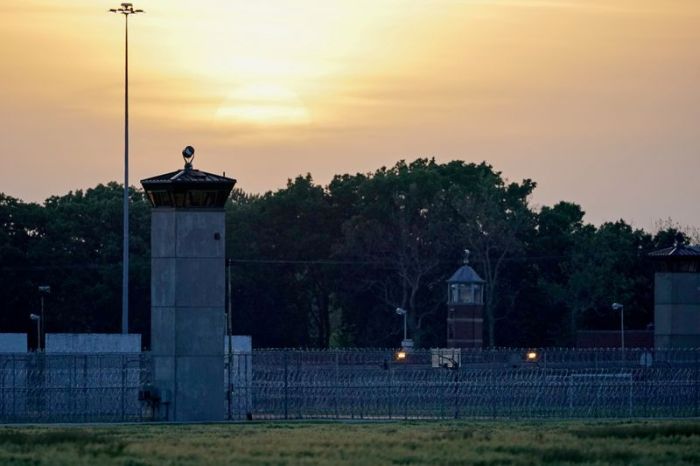TOKYO (Reuters) – Japan will gradually start allowing entry to foreigners with newly issued long-term visas from October, Prime Minister Yoshihide Suga said on Friday, further relaxing tough restrictions introduced earlier this year to guard against imported cases of coronavirus.
The relaxation will be applied to foreigners with the appropriate visas, including student and dependent visas, sequentially from countries where the novel coronavirus has subsided, Suga said, without saying which nationalities would be the first to be granted entry.
They will be required to test for coronavirus before they are allowed into the country. Tourists are still barred from entering Japan.
Economy Minister Yasutoshi Nishimura, who also oversees coronavirus policies, said Tokyo would proceed by negotiating with countries on a bilateral basis about the conditions for relaxing entry restrictions.
“It doesn’t mean (easing) will begin for a number of countries at the same time. We’ll proceed with negotiations with each country,” he said.
“If agreement can be reached from both sides on a mechanism, a framework, we’ll start”.
Entry would be limited to about 1,000 people a day, the Jiji news agency said.
The restrictions imposed following the outbreak of the disease in Japan had prevented visa holders, including long-term residents, from re-entering.
The government later rolled back those measures to let existing visa holders, including permanent residents, return on condition they undergo coronavirus testing and self-quarantine for 14 days.
The novel coronavirus has infected almost 32 million people and killed about 977,000 around the world.
Japan has so far managed to avoid the kind of explosive outbreak seen in hard-hit countries such as the United States and India, with 80,600 infections and 1,537 deaths.
(Reporting by Yoshifumi Takemoto and Daniel Leussink; Editing by Simon Cameron-Moore)

